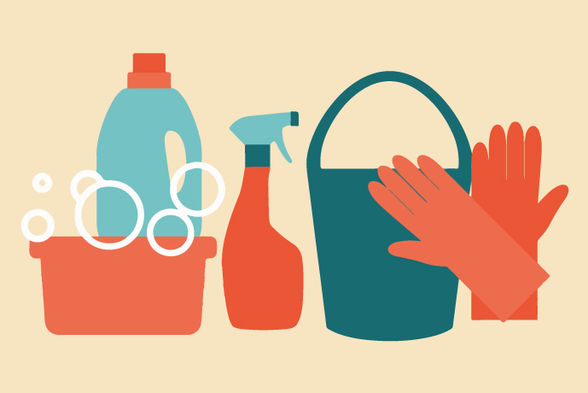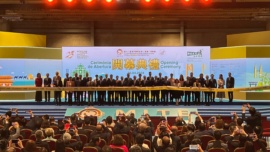The Macau SAR will advance with a pilot scheme allowing for the entry of vaccinated non-resident Filipino domestic workers, health authorities announced today (Thursday).
Novel Coronavirus Response and Coordination Centre Coordinator Dr. Leong Iek Hou announced today that the measure aims to help alleviate the shortage in these works areas in the SAR, with relevant application procedures being developed, and applications allowed starting from April 25.
Health authorities also indicated that they consider whether to allow people of other nationalities or other employment types to come to Macau according to the implementation of the pilot plan and risk evaluation assessments.
In the future authorities also plan to advance with a similar entry pilot scheme for exemption of entry restrictions for foreign teaching staff – such as Portuguese teachers – educational institution managers, and foreign university students.
Filipino domestic workers under the pilot scheme will only be able to apply if their employment purpose would involve caring for the elderly aged 65 or above, children aged 3 or below, or sick patients.
Employers will have to apply to the Public Security Police Force (CPSP) and to the Health Bureau for authorisation to hire a Filipino domestic worker.
People who will be under the care of the incoming Filipino domestic workers, and people who live with them over 3 years old, will be required to complete at least 2 doses of a Covid-19 vaccine.
The Filipino domestic workers applying for entry, must also meet the vaccination requirements for entering Macau from overseas countries, that is, having received at least 2 doses of vaccine for more than 14 days, and for those who have received the second dose for 7 months, they need to receive a third ‘booster’ shot dose.
Dr. Leong indicated that the reason to only cover Filipino domestic foreign workers is that the Philippines can provide more complete vaccination records that local authorities can evaluate.
All non-resident workers under this measure will be subject to medical observation for 14 days according to the measures in force after their entry into Macau, and thereafter, must carry out self-management of health for a period of 7 days.
During this period, they must also be accommodated in the hotel intended exclusively for individuals subject to health self-management or in a residence that has a single room, in addition to being subject to regular tests.
If non-resident workers are unable to pay their medical observation expenses or medical expenses if they are confirmed cases, employers or prospective employers must also commit to paying these expenses.
The announcement opens a door that had been closed since March, 2020 when Macau authorities enforced a total ban on the entry of non-residents into the city.
Currently, non-residents are only allowed to enter the city with a valid work contract authorisation, and can only enter either via Mainland China or Hong Kong.
Pandemic restrictions, together with labour law changes requiring non-resident workers to change jobs to exit the city before commencing their new employment, have led to a shortage of available human resources in the SAR.
According to data published by DSAL, by the end of February 2022, the number of non-resident work permit holders – known as blue cards – reached 168,442, a number that has decreased by 28,096 compared to the period before the outbreak of the pandemic.
During the same period, the number of non-resident domestic workers in the city had decreased by 17 per cent to 25,632, of which almost two-thirds were from the Philippines.
Previously health authorities had stated that the vaccination rate for the elderly and children would have to reach at least 90 per cent before non-resident domestic helpers are allowed to enter the SAR again.
Local residents have long complained of a lack of available domestic helpers and increasing wages for those available caused by pandemic restrictions.
Macau government authorities have repeatedly suggested the hiring of mainland domestic helpers, however, the wages requests for such workers are hugely much higher, while at the same time not attractive for mainland domestic workers.





















